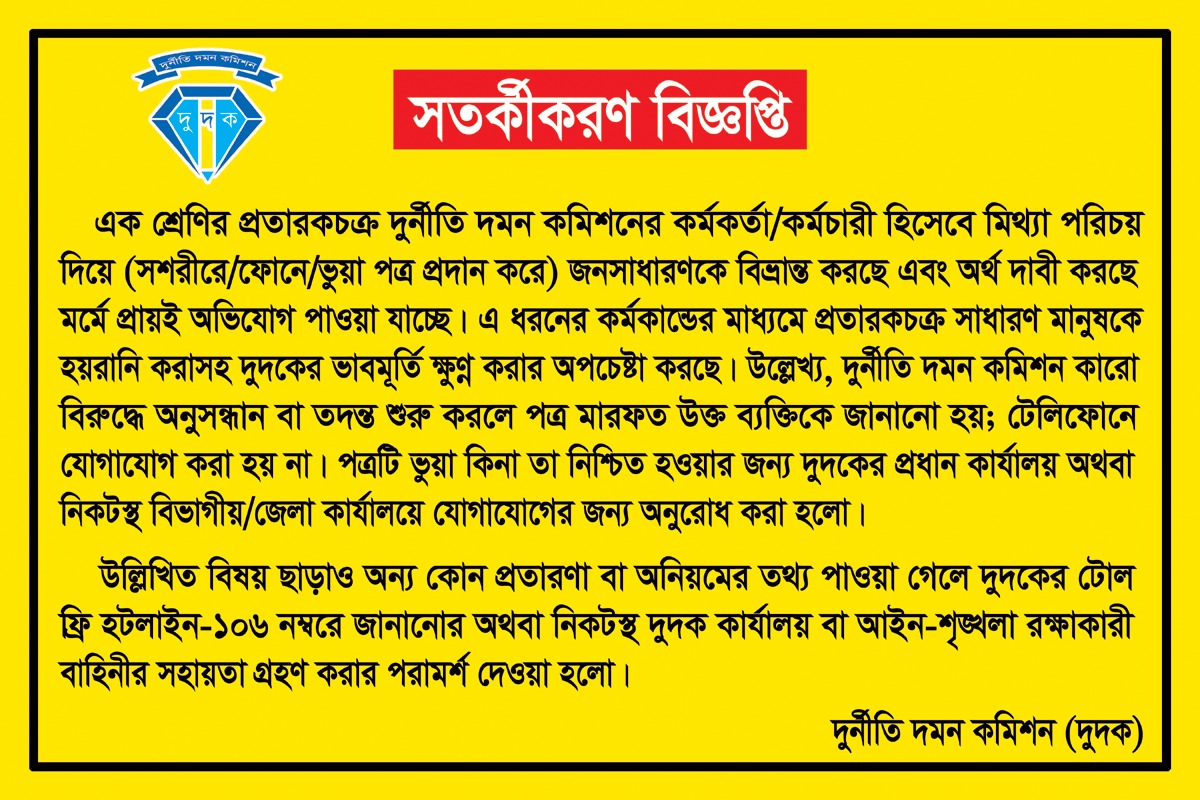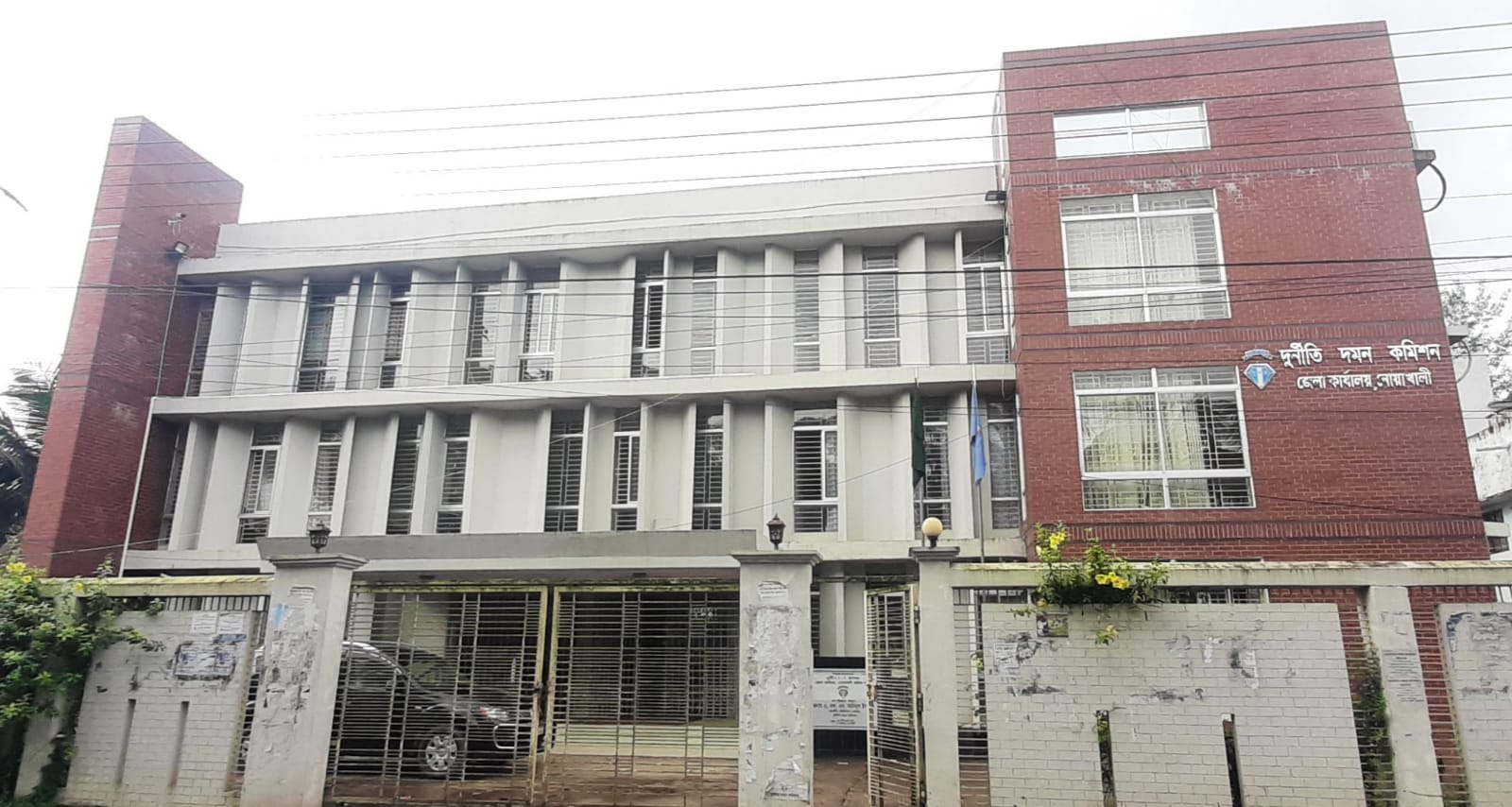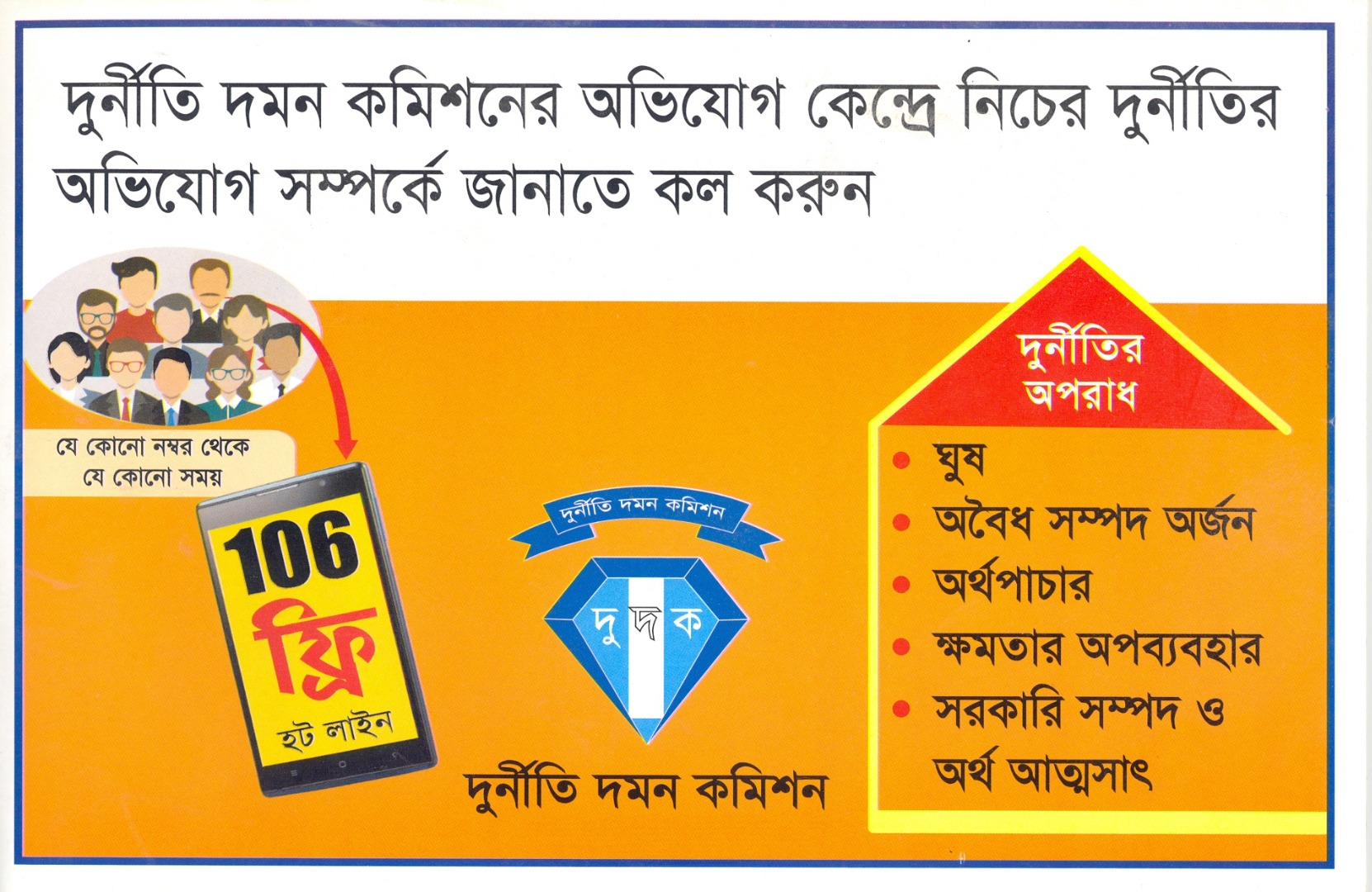-
-
- About Us
-
Our Services
Downloads
Training & Suggestions
-
Other Offices
Divisional/Upazila Offices
Ministry/Division & Department
- e-Services
- Gallery
-
Contact
Office Contact
Communication Map
- Opinion
-
-
- About Us
-
Our Services
Downloads
Training & Suggestions
-
Other Offices
Divisional/Upazila Offices
Ministry/Division & Department
- e-Services
- Gallery
-
Contact
Office Contact
Communication Map
- Opinion
Conducting the Proceedings of Public Hearing
The Commission is employing the Public Hearing as a key instrument to prevent harassments, irregularities and corruption. It is also an effective means to deepen the trust between the service-seeking populace and the employees of the Republic engaged in providing public service delivery. All powers in the Republic, as the Article 7 (1) of the Constitution articulates, belong to the people. Hence what is urgently needed is to eradicate all forms of harassments, irregularities, corruption and dilly-dallying that often occur in receiving the public services. Remaining present in each of the Public Hearings, the Chairman himself or any Commissioner of the Commission observes the proceedings and announces instant decisions to resolve the problems raised over there. The Commission has meanwhile formulated the Policy pertaining to conducting the Public Hearing. On reviewing the public hearings, it transpires that the common people are not well aware of the public service receiving process, and simultaneously the public servants concerned are also found not rendering the services at right times and thereby deprive the citizens of their right to services. In some cases the government employees harass the service-seekers by abuse of the power unethically.
Through the public hearings instant solutions are given to the victims of sufferings, which also enables to identifying the sources of irregularities and corruption. Here, multiple strategic approaches for prevention of corruption are also applied. In this regard, the higher authorities of the government offices are extending continued cooperation to the Commission. The Commission formulated the Policy for Public Hearing in 2016. Presently the Public Hearings are held on the basis of this Policy.
The Public Hearing is an open forum for all including the local elites, public service-takers, representatives of media and civil society, law practitioners, NGOs and other interested personalities. The official of the integrated district office of the Anti-Corruption Commission may, if necessity arises, invite the appropriate personalities by letters or telephone, to attend. In this regard, steps are taken in consultation with the Corruption Prevention Committee concerned. The Public Hearing remain accessible to the Members of the Parliament, the Mayor, Upazila Chairman, city Commissioners, ward Councilors and other public representatives.
Expected Results from Public Hearing
- Developing a bridge between the local administrations and the people;
- Public awareness about the rules and procedures related to disposal of public services;
- Transparency and Accountability in the performances of government offices;
- Prompt disposal of problems after taking cognizance of the grievances of the service seeking citizens;
- Improvement of service delivery system;
- Allowing people to take critical stand for developing public awareness against Corruption;
- Getting practical ideas about the sources and nature of corruption;
- Making the officers aware of their own responsibilities;
- Reporting to the government about the performances of the government officials;
- Taking legal actions on receiving the specific complaint of corruption.
As declared in the Constitution, every person in the service of the Republic has a duty to strive at all times to serve the people. Providing services to the people is the Constitutional obligation of those under public employment. The Public Hearing is a means of social responsibility. Aiming at transforming every local government office into an accountable organization, the Commission has kept on conducting Public Hearing. Resulting from Public Hearing held regularly, and from its follow-ups, many a problem gets solved out. The Commission is executing and monitoring the decisions adopted in the Public Hearings. Expected that the Public Hearings would play an effective role to help receive the public services free from irregularities, harassments or corruption.
E-Mail: dg.prevention@acc.org.bd
Planning and Implementation: Cabinet Division, A2I, BCC, DoICT and BASIS







